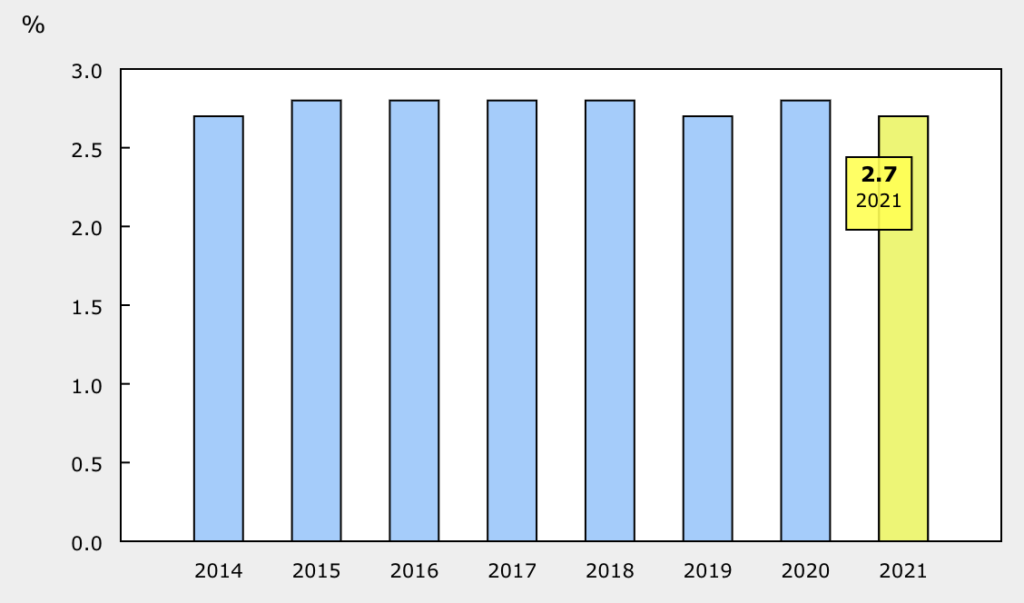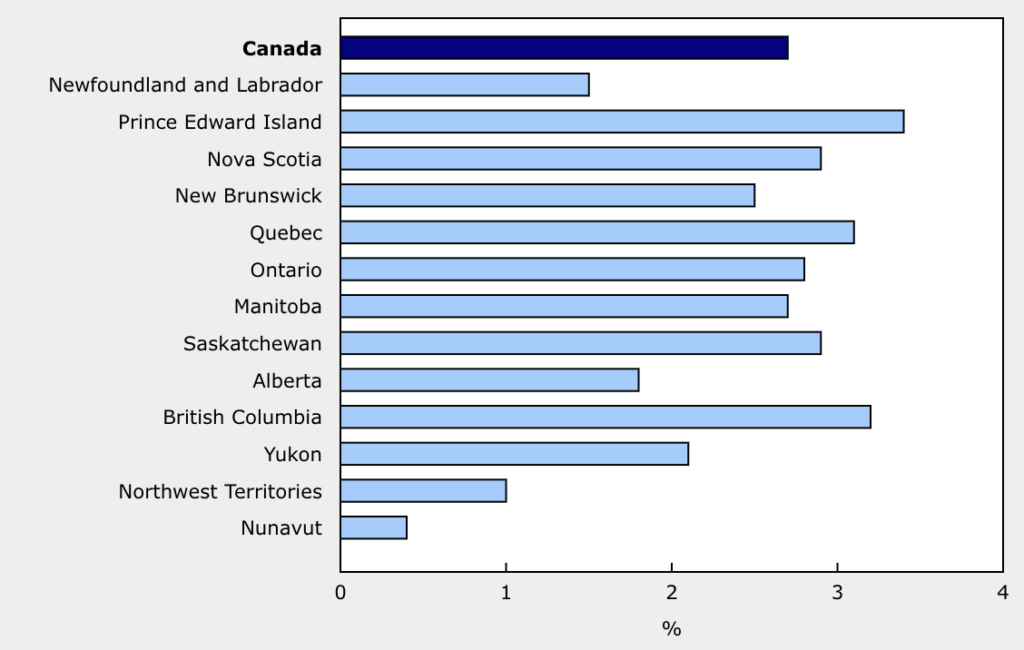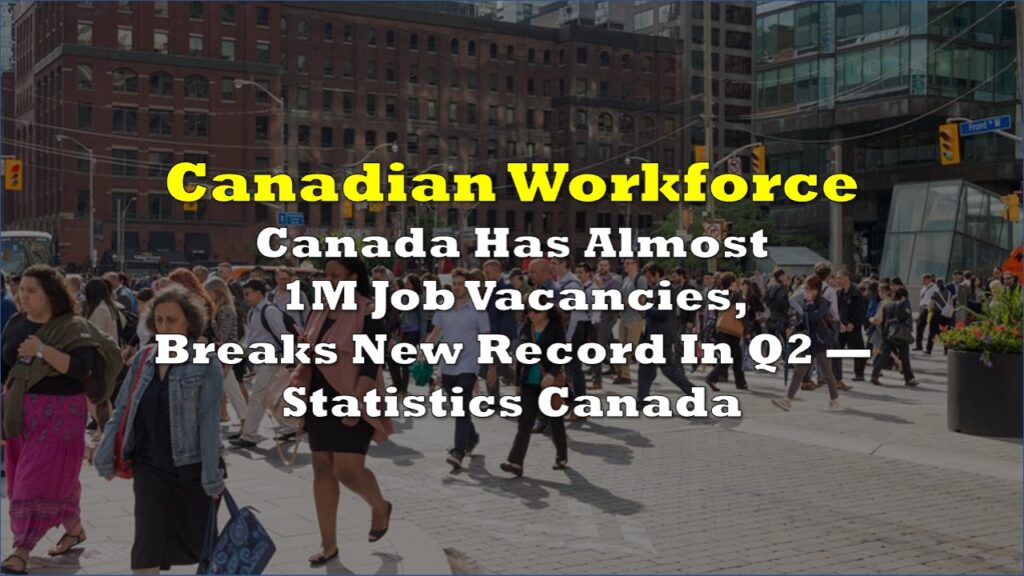Canada’s underground economy, consisting of market-based economic activities that escape measurement due to their hidden, illegal, or informal nature, was estimated to be worth $68.5 billion or 2.7% of the country’s total GDP in 2021, according to a recent study by Statistics Canada.
The study highlights the significant impact of the underground economy on Canada’s GDP and its economic structure, with certain industries being more prone to underground activity than others. It also underscores the need for greater transparency and regulation to minimize the impact of underground economic activities on the country’s economy.
Canada's underground economy grew 50% in five years
— Don Tyndall (@tyndall_don) February 21, 2023
How can you expect the Liberal Government the most corrupt government in Canadian history to take tax evasion seriously.
To repeat an saying it's like "THE FOX GUARDING THE HEN HOUSE"!! pic.twitter.com/ud6zAVVodv
They found that the underground economy grew by 4.8% in real terms in 2021, following a decline of 4.5% in 2020, with residential construction being the primary contributor to its growth.

Residential construction was responsible for 35% ($23.9 billion) of all underground economic activity, making it the largest contributor, followed by lessors of real estate (12.7%). Retail trade (10.5%) and accommodation and food services (7.3%) were the next largest contributors. The study found that wages and undeclared tips were the primary sources of unreported income, accounting for 44.6% of unreported income in 2021.
The study also found that the largest category of underground household expenditures was food, beverages, tobacco, and cannabis, accounting for 26.3% of all underground economic activity associated with household final consumption expenditure.
The total value of underground economic activity was highest in Ontario ($26.9 billion), Quebec ($15.5 billion), British Columbia ($11.1 billion), and Alberta ($6.8 billion).

The study also noted that the relative size of the underground economy in a province or territory often reflects differences in the economic structure of that province or territory. Industries that are more prone to underground activity — such as crop production, residential construction, accommodation, and food and beverage services — have a more prominent economic presence in provinces and territories that have a higher share of underground economic activity.
The pandemic significantly impacted the underground economy, with household spending’s share of underground economic activity decreasing from 64.5% in 2019 to 56.0% in 2021.
Household spending on services fell 8.7% in 2020 as several service-related businesses shut down at the height of the Covid-19 pandemic and have yet to fully recover. Household spending on unlicensed cannabis products fell 43.4% since 2018 when recreational use of cannabis was legalized.
However, growth in underground activity related to business investment in residential construction strongly outpaced growth in underground activity related to household spending.
Information for this briefing was found via StatCan, Twitter, and the sources and companies mentioned. The author has no securities or affiliations related to the organizations discussed. Not a recommendation to buy or sell. Always do additional research and consult a professional before purchasing a security. The author holds no licenses.









